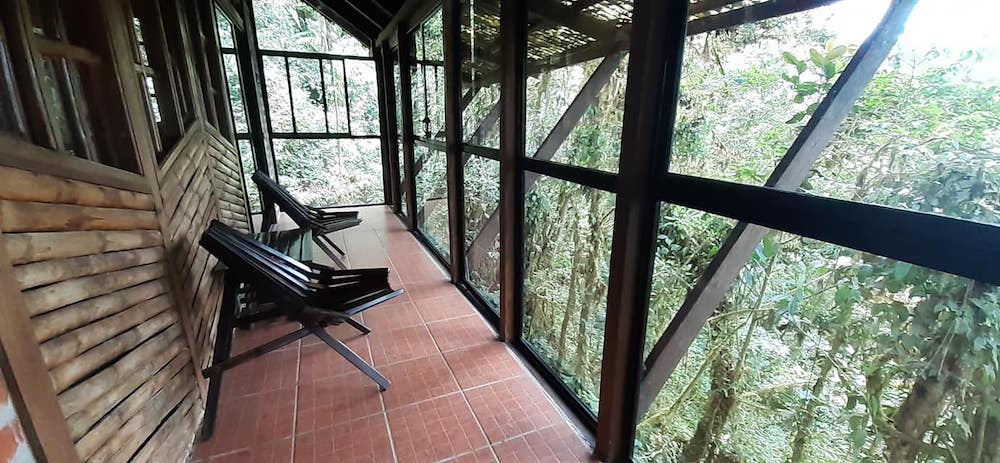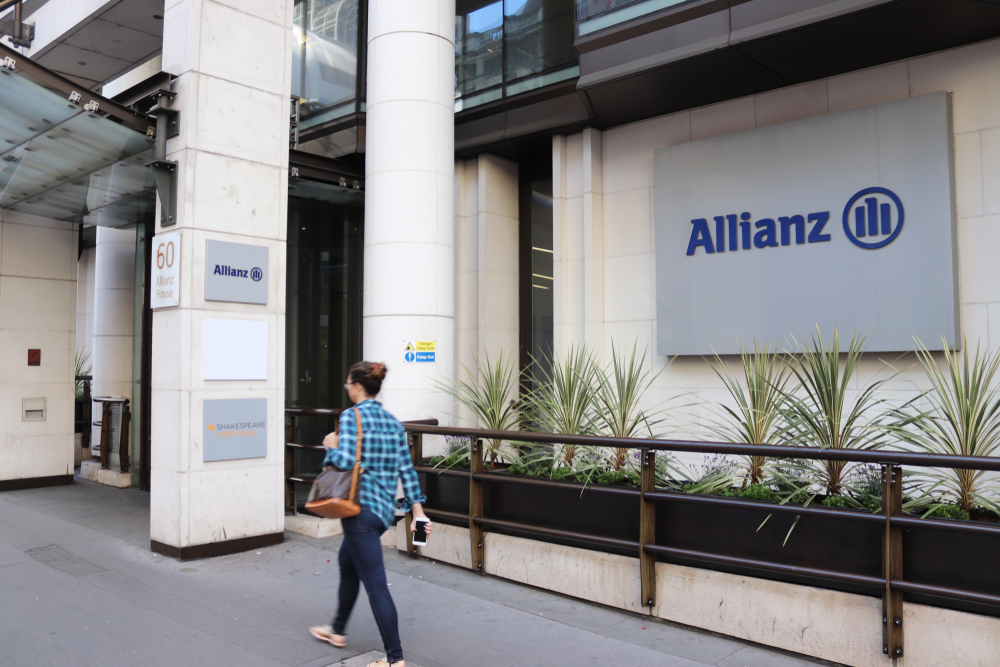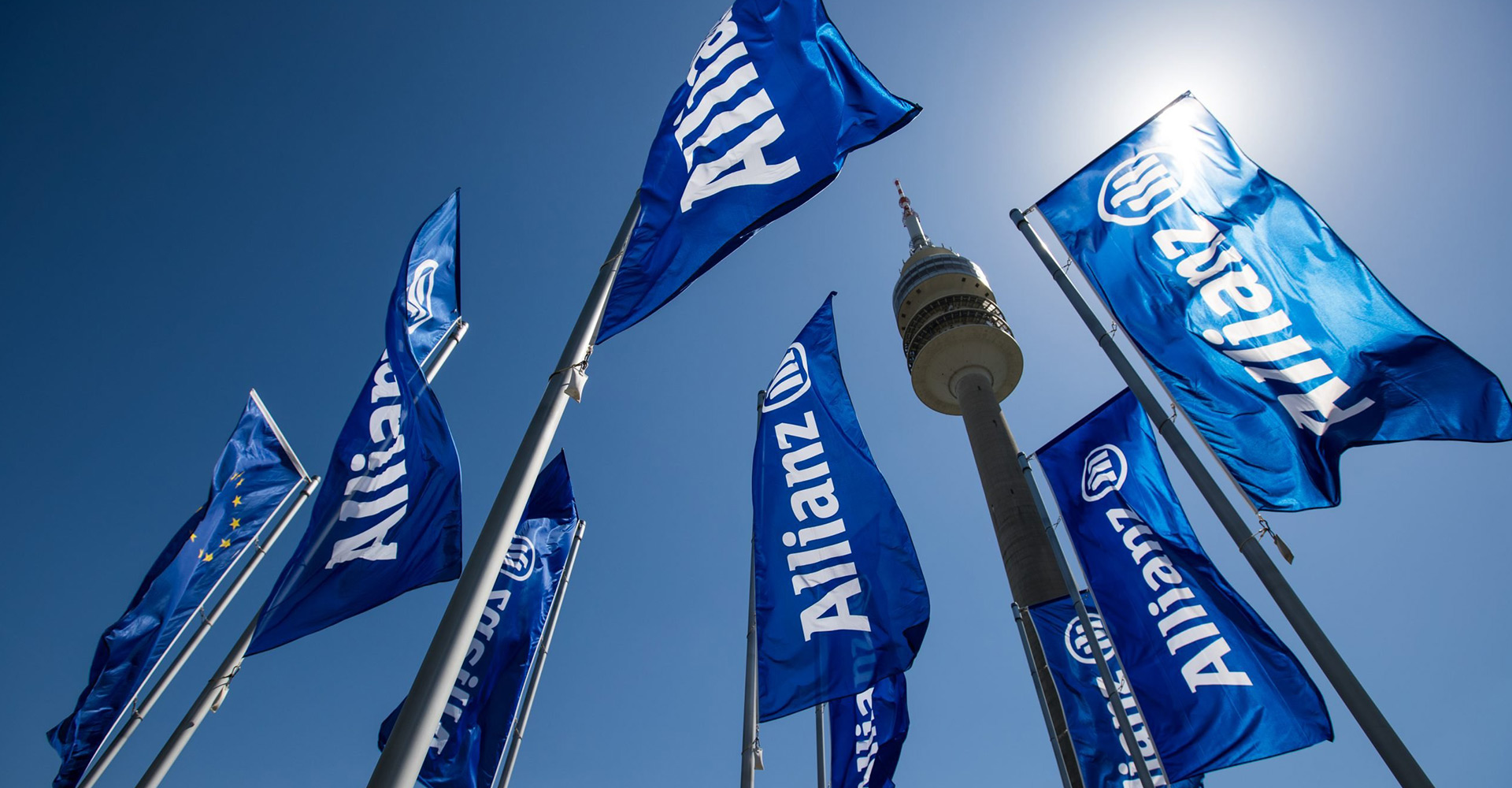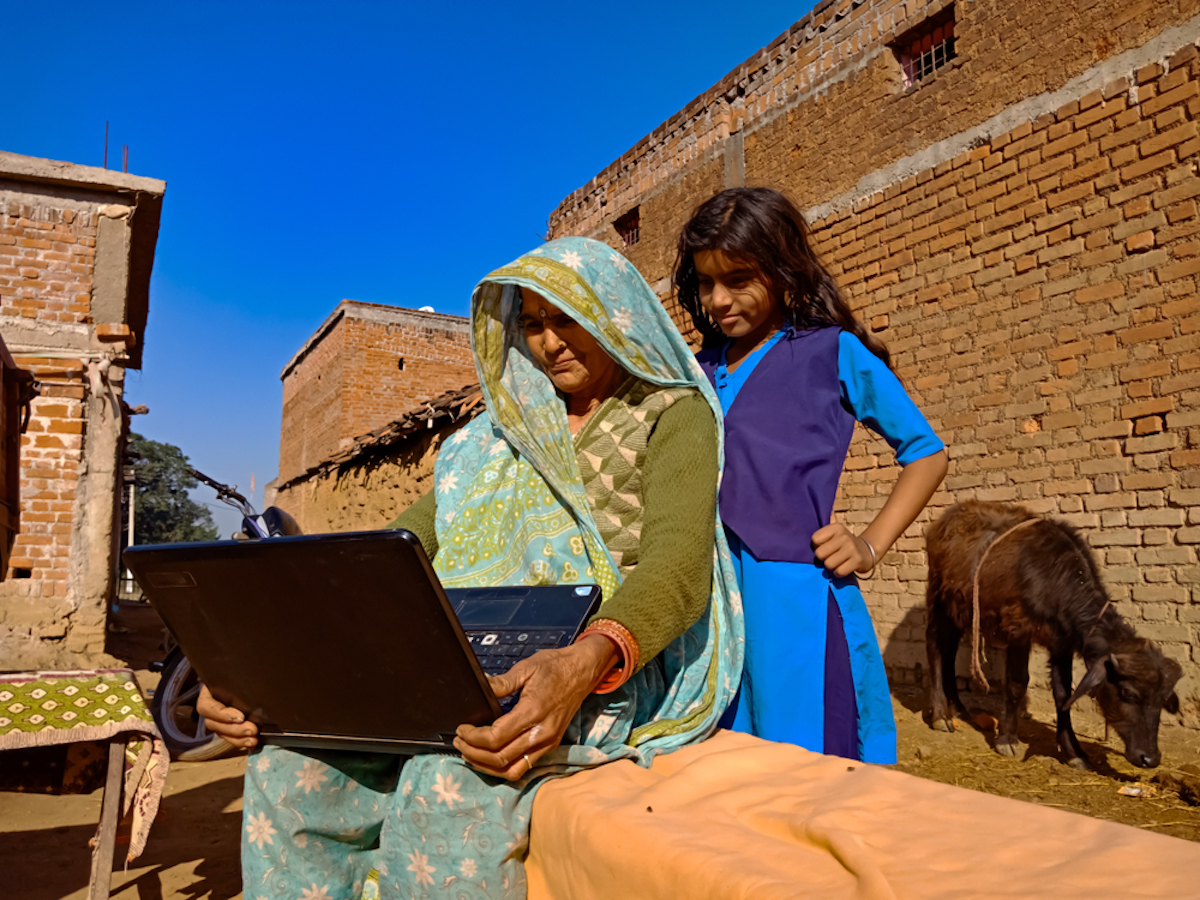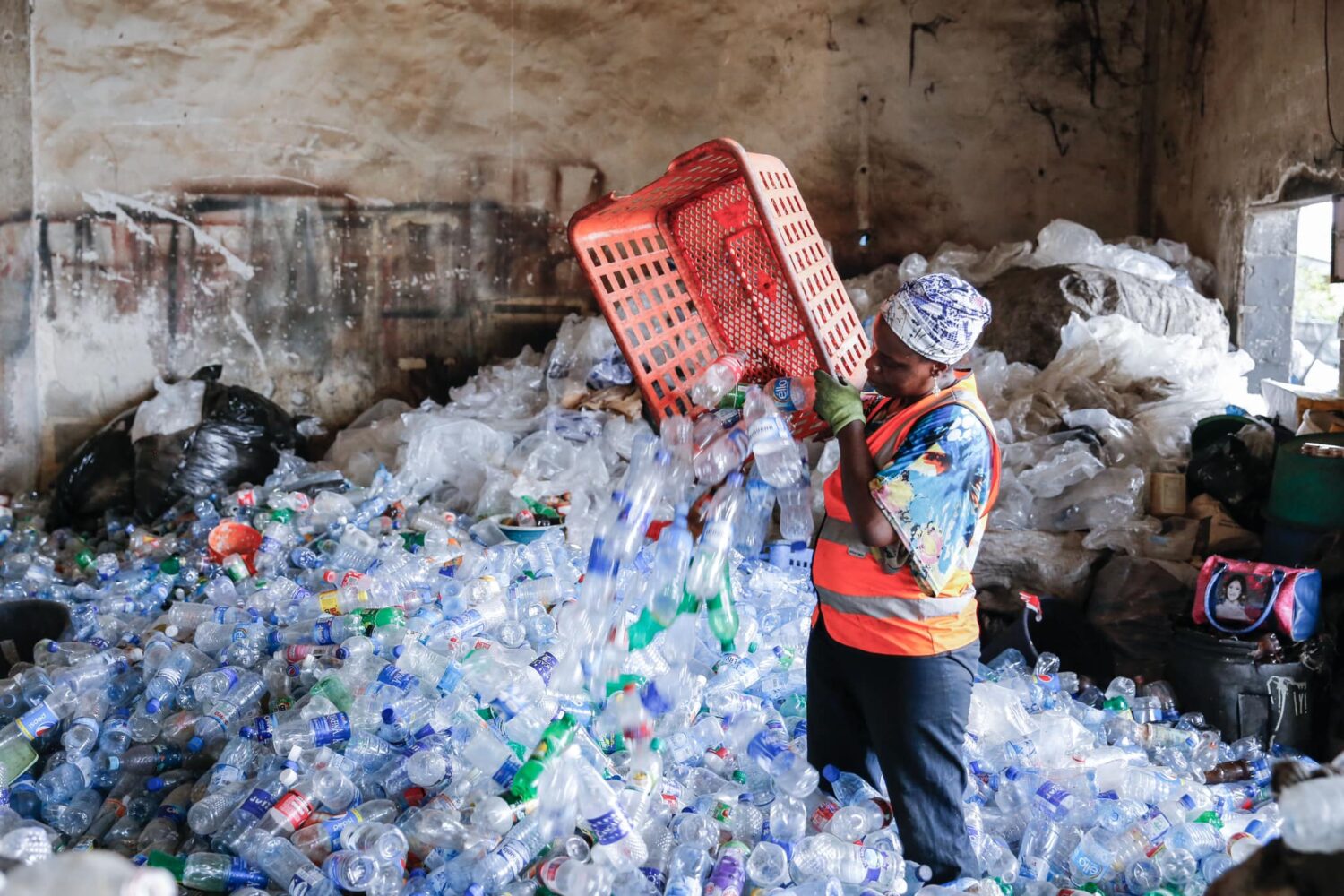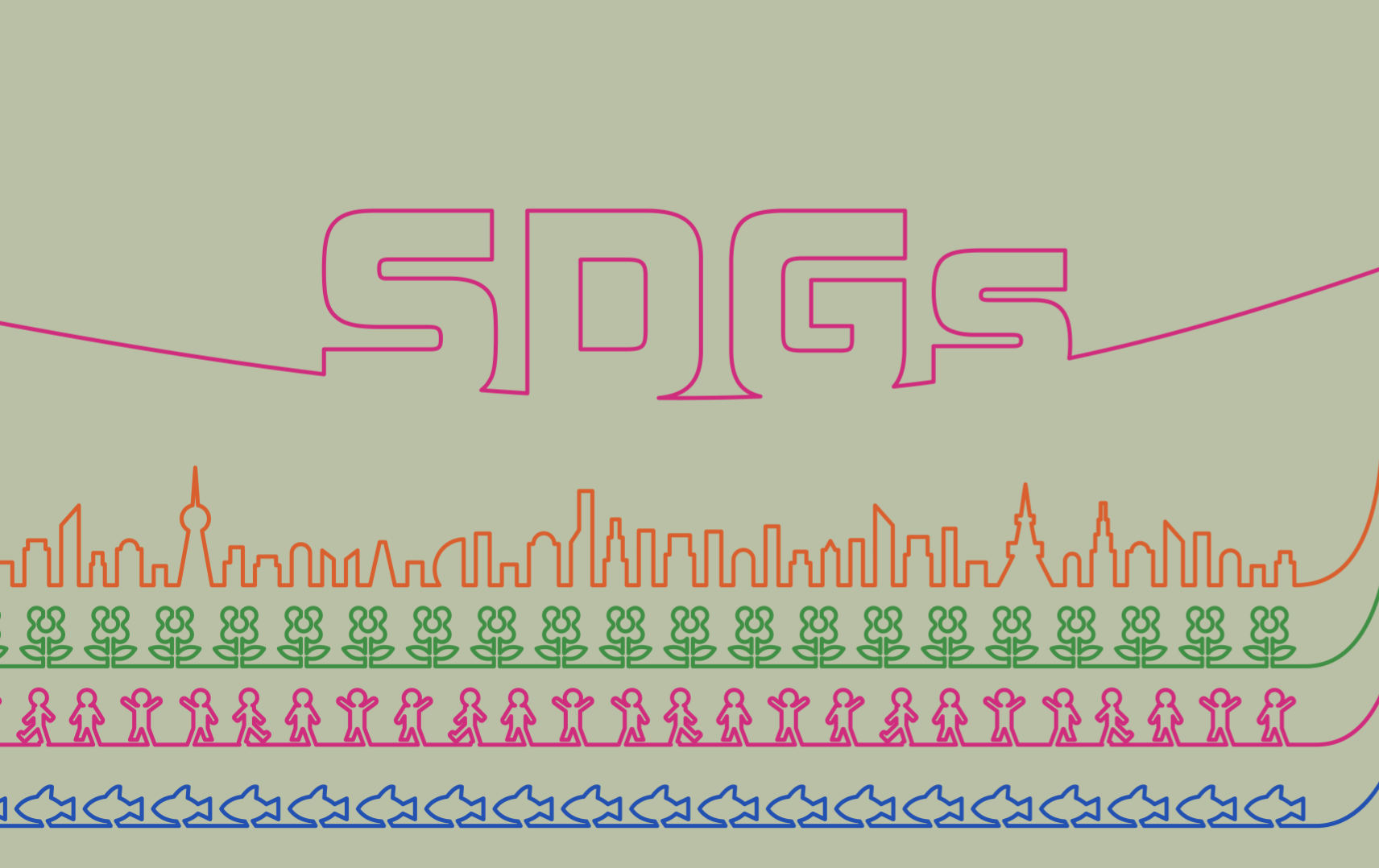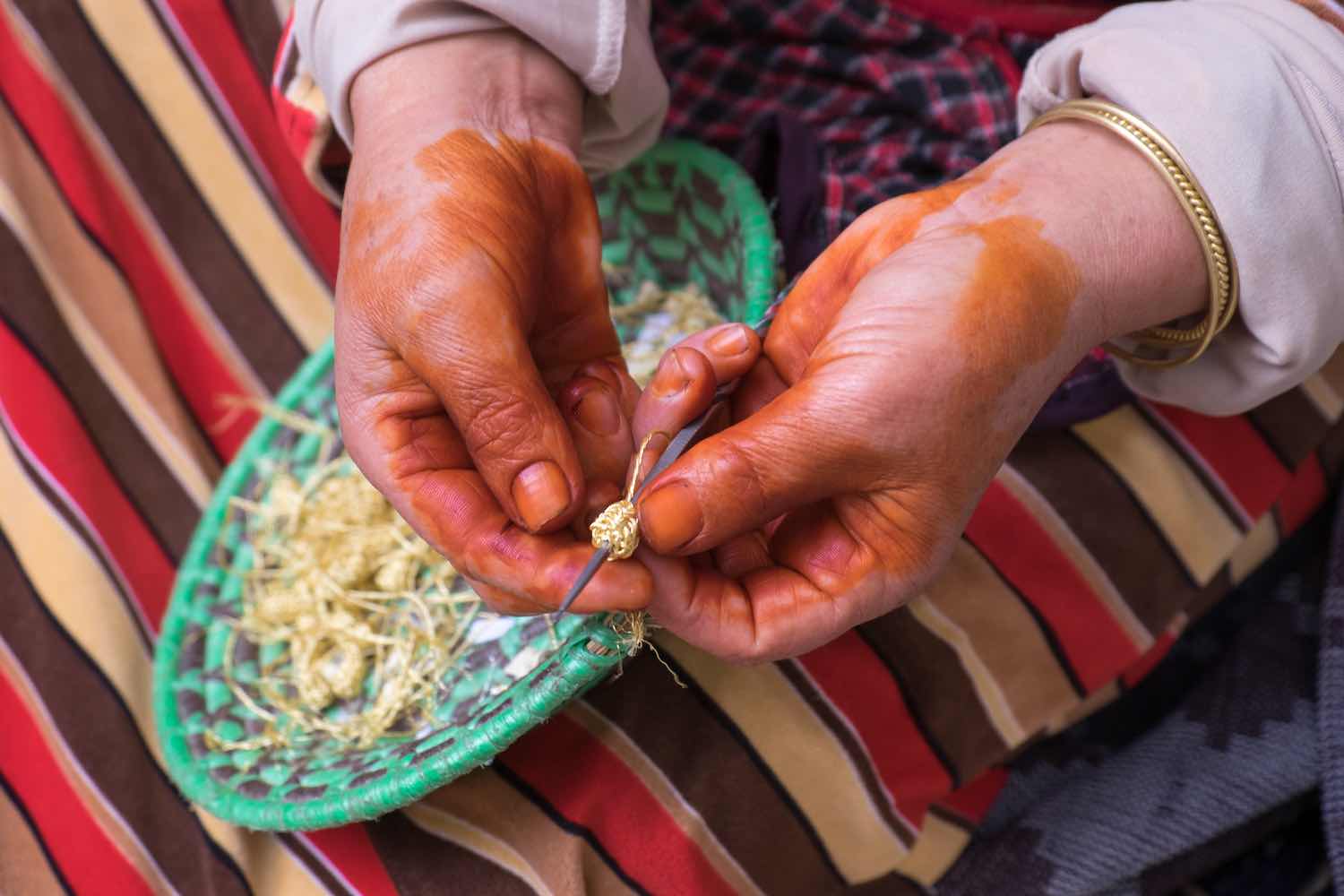ImpactAlpha, April 22 – Latin America a testing ground for innovative environmental financing and business solutions: Lending incentives supporting smallholder farmers; partnerships with Indigenous communities on forest restoration; carbon credits for Amazon restoration; and pay-for-success forest conservation.
Fifteen entrepreneurs in the first Latin American cohort of the World Resources Institute’s Land Accelerator are rolling out solutions to restore 50 million hectares by 2030 (see, “Land Accelerator helps close financing gap for African soil startups”).
Land restoration
Salus Mundi in Colombia is helping farmers, cities and companies revitalize toxic and pest-infested land… Nicaforest in Nicaragua is regenerating degraded land to grow cacao, teak and other native trees… Prontal in Mexico is converting abandoned pasture into sustainable commercial plantations for harvesting dye… HEVEA in Costa Rica is giving farmers extra income from rubber trees grown on degraded pasture… Andean Pastoral Livelihood Initiative in Peru is supporting Indigenous communities’ livelihoods while replenishing grasslands.
Regenerative agriculture
Adapta Group in Brazil designed an app to support food and beverage companies in adopting regenerative farming and agroforestry… Veggie chip brand Kiwa is teaching restorative farming in Ecuador to bolster sustainability in supply chain… Rancho 4 Diamantes is producing ethically-raised beef in Guatemala.
Sustainable consumer products
Peru’s Forestbambu is making sustainable bamboo soap, cosmetics and beer and Inversiones Agroforestales Regenerativas farms ethical cosmetic ingredients… Te’etik in Mexico makes home furniture from certified ethically-sourced timber.
Conservation
Bellavista Cloud Forest Lodge is partnering with hotels and community groups in Ecuador on wildlife conservation and cloud forest restoration… Relicto in Chile works to conserve land deemed to have “high environmental value.”
Carbon markets
Nature Lab World in Mexico is ramping up carbon credit generation on its bamboo and native-tree plantation… Seamos Bosques in Argentina is linking forest owners to voluntary carbon markets.

